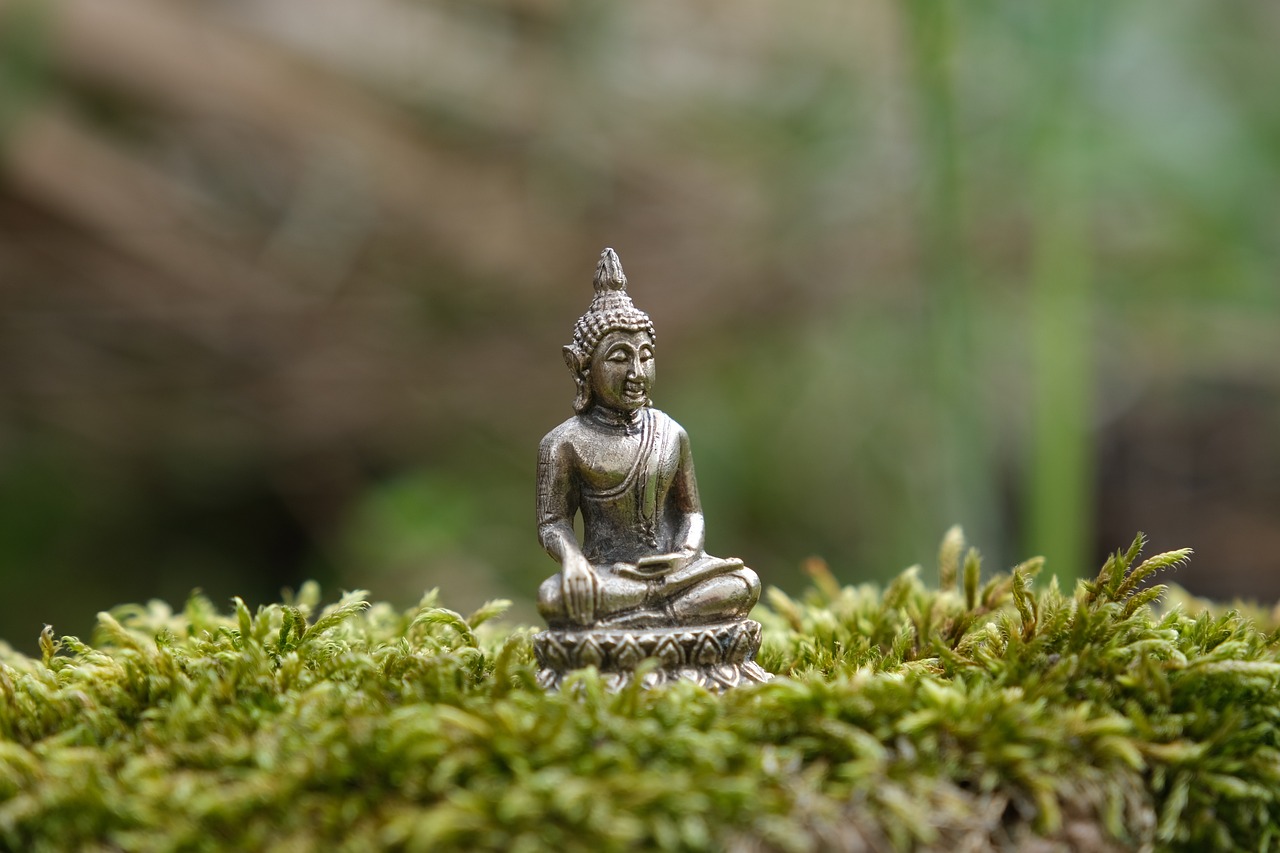Do dreams send us important messages from our deepest selves? Why do some dreams stay with us, vivid as day, while others slip away? Neuroscientists and psychologists have endeavored to answer these questions for decades, with fascinating results.
From the historical and cultural tapestries that have shaped our understanding of dreams to the cutting-edge scientific discoveries revealing what happens in our brains at night, this gallery is a journey through the night’s most profound mystery.
Historically, dreams were seen as divine messages or omens. This evolution from ancient beliefs to today’s scientific understanding reflects our growing knowledge of brain science and psychology.
During REM sleep, the brain becomes highly active, similar to when awake. This stage is critical for dreaming, involving areas like the amygdala for emotions and the hippocampus for memories.
REM sleep, a cycle occurring every 90 minutes during sleep, is crucial for consolidating memories and processing emotions, often resulting in intense dreaming.
Scientific theories suggest dreams aid in emotional regulation, problem-solving, and consolidating learning and memories. Psychologists propose they reflect our unconscious mind and inner conflicts.
Dreams are a gateway to our subconscious, revealing hidden fears, desires, and conflicts. This connection highlights how dreams can be a tool for psychological insight and self-awareness.
Dreaming involves various brain regions, including the prefrontal cortex, which is less active, leading to illogical dream scenarios. Neurotransmitters like serotonin and norepinephrine are also at play.
Dreams are essential for emotional health, allowing the brain to process and interpret emotions experienced during waking hours, often leading to psychological resolution and understanding.
Dreams in different cultures and their interpretations
Across cultures, dreams have been interpreted differently, from prophetic visions to messages from ancestors. This diversity reflects the universal, yet culturally unique, nature of dreaming.
Dream recall varies; some remember vividly while others can barely recall any details. This difference is influenced by factors like sleep quality, stress levels, and even genetic predispositions.
Vivid dreams are marked by intense, lifelike experiences. Factors like stress, sleep deprivation, and certain medications can trigger these extraordinarily clear dreams.



